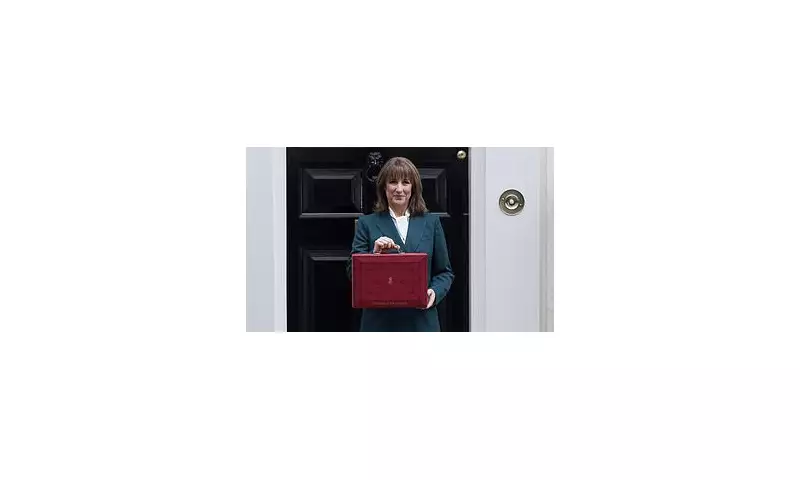
Chancellor Rachel Reeves has announced a sweeping budget containing £30 billion in tax increases that will leave most Britons financially worse off, despite her previous promises to protect working people.
In a significant shift from her earlier stance, Ms Reeves told MPs that she was now asking everyone to 'contribute', with middle-class families expected to shoulder the heaviest burden. The measures come alongside substantial increases in welfare payments, including the complete removal of the two-child benefits cap.
Who Loses Under the New Budget?
Workers and businesses using salary sacrifice schemes face significant changes from April 2029. Salary-sacrificed pension contributions above an annual £2,000 threshold will lose their national insurance exemption. Hargreaves Lansdown estimates this will cost £75 annually for someone earning £50,000, rising to £450 for those on £100,000.
Helen Morrissey, head of retirement analysis at Hargreaves Lansdown, warned: 'This could lead to employers limiting salary increases or opting against increasing their own contributions beyond auto-enrolment minimums. It's a move that could have huge impacts on people's retirements.'
Millions of earners will be dragged into higher tax bands after the Chancellor extended the freeze on thresholds for an additional three years until 2031. This affects income tax, inheritance tax and capital gains tax. Someone earning £50,000 this year will pay £8,165 more in tax between 2020 and 2031 as a result.
Property owners with homes valued over £2 million face a new annual 'surcharge'. Properties worth up to £2.5 million will pay £2,500, while those exceeding £5 million will face a £7,500 charge, adjusted annually for inflation.
Drinkers and smokers will see duty increases adding 13p to a bottle of wine and 11p to Prosecco from February 1 next year. Tobacco duty will rise above inflation, with a new vape duty introduced as planned.
Savers and investors face major changes as the Chancellor announced that £8,000 of the £20,000 tax-free ISA allowance must be invested in stocks and shares from April 2027, capping the cash ISA allowance at £12,000 for most people.
Motorists, particularly electric vehicle drivers, will pay a new mileage-based charge of 3p per mile from April 2028, while the temporary 5p fuel duty cut will be gradually reversed starting September 2026.
Budget Winners Revealed
Large low-income families emerge as significant winners with the abolition of the two-child benefits cap. Around 18,000 families with six or more children could gain £14,000 extra per year, with 560,000 families overall benefiting at a cost of approximately £3 billion annually.
Low-paid workers will see the minimum wage increase to £12.72 per hour next April for those aged 21 and over, making a full-time worker around £700 better off annually.
State pensioners benefit from the triple lock, with a 4.8% increase that provides approximately £550 extra annually for those on the new state pension and £440 for those on the old scheme.
Train passengers will see regulated rail fares frozen, potentially saving commuters on expensive routes more than £300 per year according to government estimates.
All energy bill payers should see reductions of around £150 from next year as the Chancellor scraps what she described as an expensive 'eco scheme' introduced by the previous government.
Economic Impact and Reactions
The budget represents a fundamental shift in the government's approach to taxation and welfare. The extension of threshold freezes alone contradicts Labour's manifesto pledge not to increase the Treasury's largest revenue sources.
Meanwhile, the expansion of welfare payments prompted criticism from opposition figures, with Kemi Badenoch describing the package as a 'Budget for benefits'.
The changes to salary sacrifice schemes are estimated to raise £4.7 billion in 2029/30 and £2.6 billion the following year, while the new property surcharge is expected to generate £400 million annually after an initial three-year implementation period.
As Miles Beale of the Wine and Spirit Trade Association commented on the alcohol duty increases: 'Despite the OBR at last acknowledging higher prices lead to a decline in receipts, the Government fails to recognise that its own policy is driving up those prices.'
The budget sets the stage for significant financial changes affecting virtually every segment of British society, with the full impact becoming clearer in the coming years as these measures take effect.






